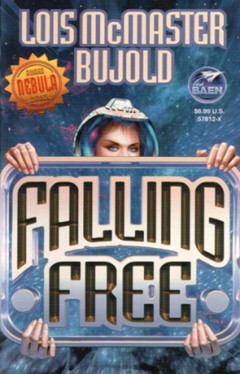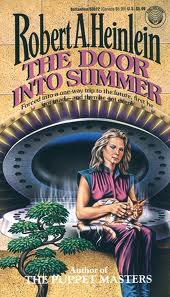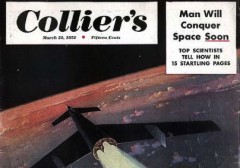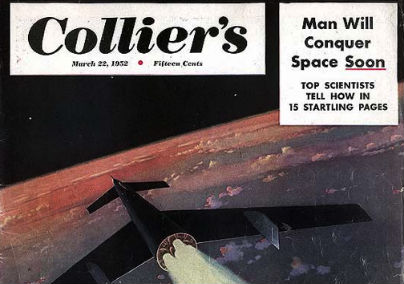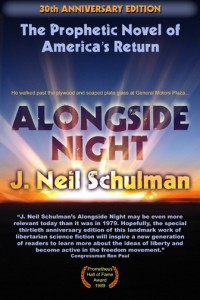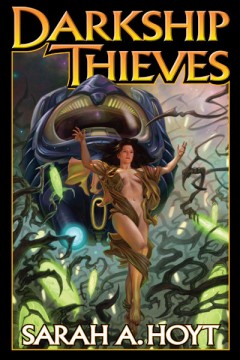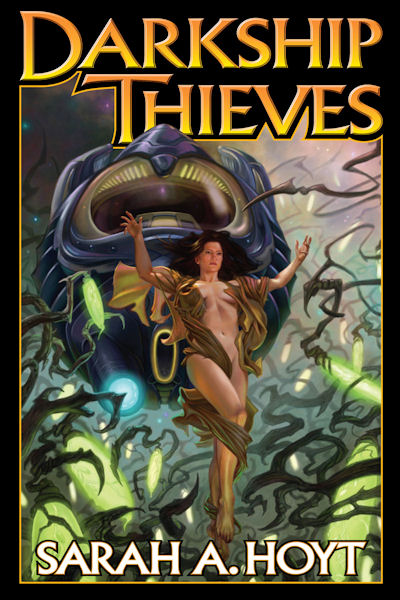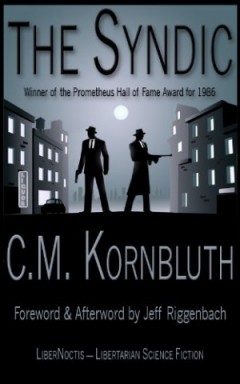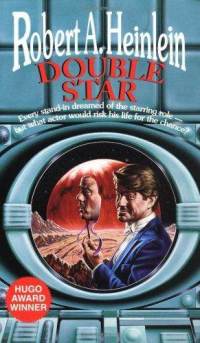
AM: Right off the bat, it strikes me that I don’t know what to call you. Will Neil work?
JNS: Sure. It’s J. Neil Schulman in credits, and Neil in person.
AM: Anyway, thank you for doing this interview, Neil. You’ve had a fascinating and unique career. You’ve written novels, short fiction, nonfiction, screenplays, and other works. Which of your works is your favorite and why?
JNS: Every artist gets asked this question sooner or later. I asked it of Robert A. Heinlein when I interviewed him in 1973, and his answer was, “The latest one I’ve been working on.”
I’ve only completed one movie so far — Lady Magdalene’s — so it’s a Hobson’s Choice on that one. Ask me again when I’ve made two! But a lot of people also seem to like the script I wrote for The Twilight Zone, “Profile in Silver.”
I’ve written three novels. My first, Alongside Night [editor’s note: free in pdf], seems to be my most accessible and popular. I consider my second novel, The Rainbow Cadenza, to be my most layered, literary, and richest in explicit philosophy. My third novel, Escape from Heaven, is my favorite. It may not be as timely as my first novel or literary as my second novel, but it’s the one that’s closest to my heart…both the funniest thing I’ve ever written, and the one which is most deceptively simple. It appears to be a lightweight piece of comic fantasy, but it’s full of ideas that if examined more closely turn both traditional theology and rationalist philosophy on their heads.
Short stories? I’ll pick a few: “The Musician,” “Day of Atonement,” and “When Freemen Shall Stand” — all in my collection Nasty. Brutish, and Short Stories — and my latest short story, “The Laughskeller,” published on my blog, J. Neil Schulman @ Rational Review.
AM: Your worldview is, in a word, libertarian. Why is that? How does libertarianism come across in your writing?
[continue reading…]
Help Promote Prometheus Unbound by Sharing this Post
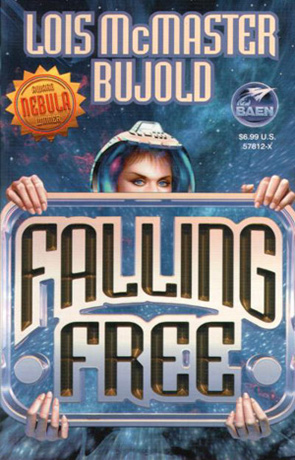 Finalists for the 2012 Prometheus Hall of Fame Award were announced over the weekend.
Finalists for the 2012 Prometheus Hall of Fame Award were announced over the weekend.